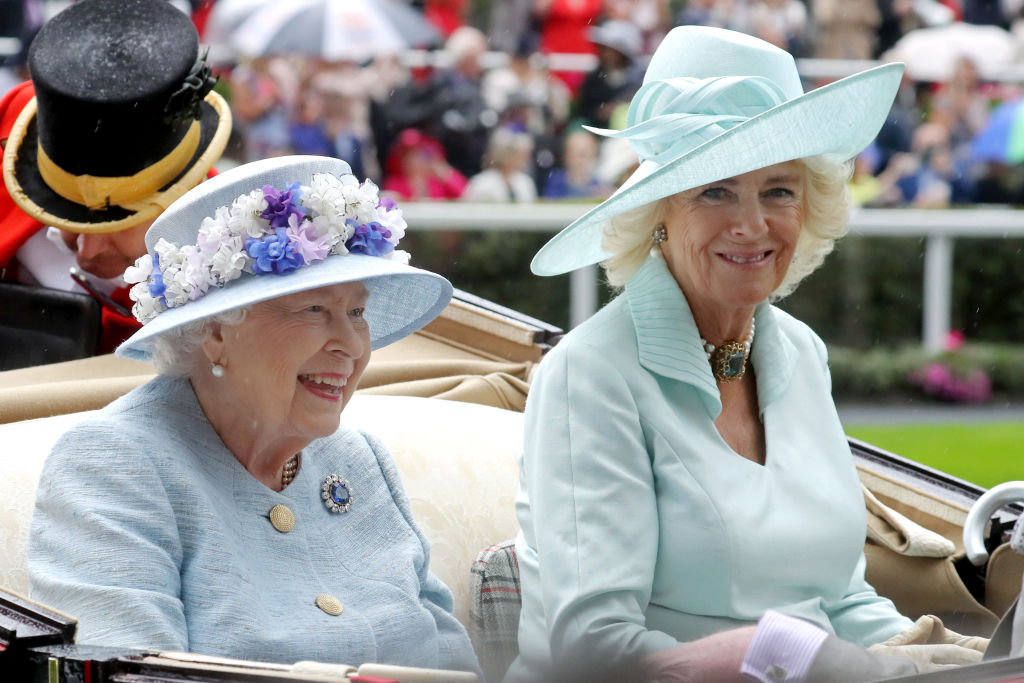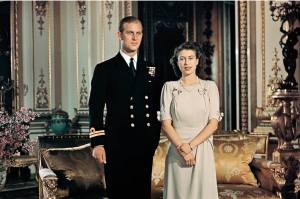“The Queen is dead. Long live the Queen.”
This isn’t quite the announcement that will be made when Elizabeth II finally dies; the crown will be passed onto Prince Charles. But the Queen’s public statement over the weekend that the Duchess of Cornwall will become Queen Consort, and will therefore be referred to as Queen Camilla, is a remarkable vote of confidence. It suggests she believes in her daughter-in-law’s ability to offer a stable, successful public face to the monarchy that has been disrupted so dramatically by the antics of Prince Harry and Prince Andrew in recent years.
The Duchess’s public standing has been carefully managed over the decades, thanks in part to the PR expert Mark Bolland, who served as Charles’ Deputy Private Secretary from 1997 to 2002. While her long-standing (and adulterous) relationship with the Prince of Wales was common knowledge worldwide even before his admission of it in a television interview in 1994, Princess Diana’s death in 1997 removed the obvious competition that she would have faced from a media-savvy and publicly beloved figure on the sidelines. And Bolland’s public relations nous helped to establish her as, if not quite “the Queen of Hearts,” than an increasingly popular figure.
She comes from a wealthy and aristocratic family that has its own royal links (her maternal great-grandmother Alice Keppel was a long-standing mistress of “Edward the Caresser,” Edward VII). But she married Andrew Parker Bowles in a grand society wedding in 1973, at the age of twenty-five, after an early relationship with Charles fizzled out. This was then rekindled during the Seventies, and by the time her lover married Lady Diana Spencer in 1981, she was ascendant in his affections, albeit as “the other woman.” After keeping a low profile throughout the Eighties and Nineties, despite the embarrassing revelations of her intimate phone conversations with Charles, she was able to establish herself more fully from 1997 onwards.
The British royal family nevertheless handled the emergence of Charles and Camilla’s relationship with enormous care. They were not photographed together publicly until 1999. And when they married in 2005 — in a civil ceremony — there was much emphasis on the fact that Camilla would be known as Princess Consort, rather than Queen Consort, to defuse any potential for upset or hurt. But thanks to her work on various causes, from literacy to osteoporosis charities, she has become a popular and well-liked figure who has enhanced the royal family’s international standing.
“The Firm” contains several controversial or difficult characters, many of whom have managed to fuel republican sympathies over the years with ill-timed and tactless remarks. Camilla is different. She is widely admired for being unpretentious, accessible and affable, often seen at public events with a decent-sized glass of red wine in her hand. Privately, she exhibits a down-to-earth attitude that belies her future ascension into royalty.
Calling her “the people’s Queen Consort” is a step too far, but she nonetheless has managed to cut through some of the protocol that her husband, amongst others, remains wedded to. Even an unflattering portrayal by Emerald Fennell in the most recent series of The Crown as a bitchy, spoilt woman has done little to damage her public standing.
It remains to be seen what the era of King Charles III will be like. But the Queen’s public assertion of faith in his wife, on the occasion of her platinum jubilee, has been universally welcomed. If the Duchess can humanize her often stiff and self-regarding husband, then Elizabeth II’s confidence will have been more than justified.


















